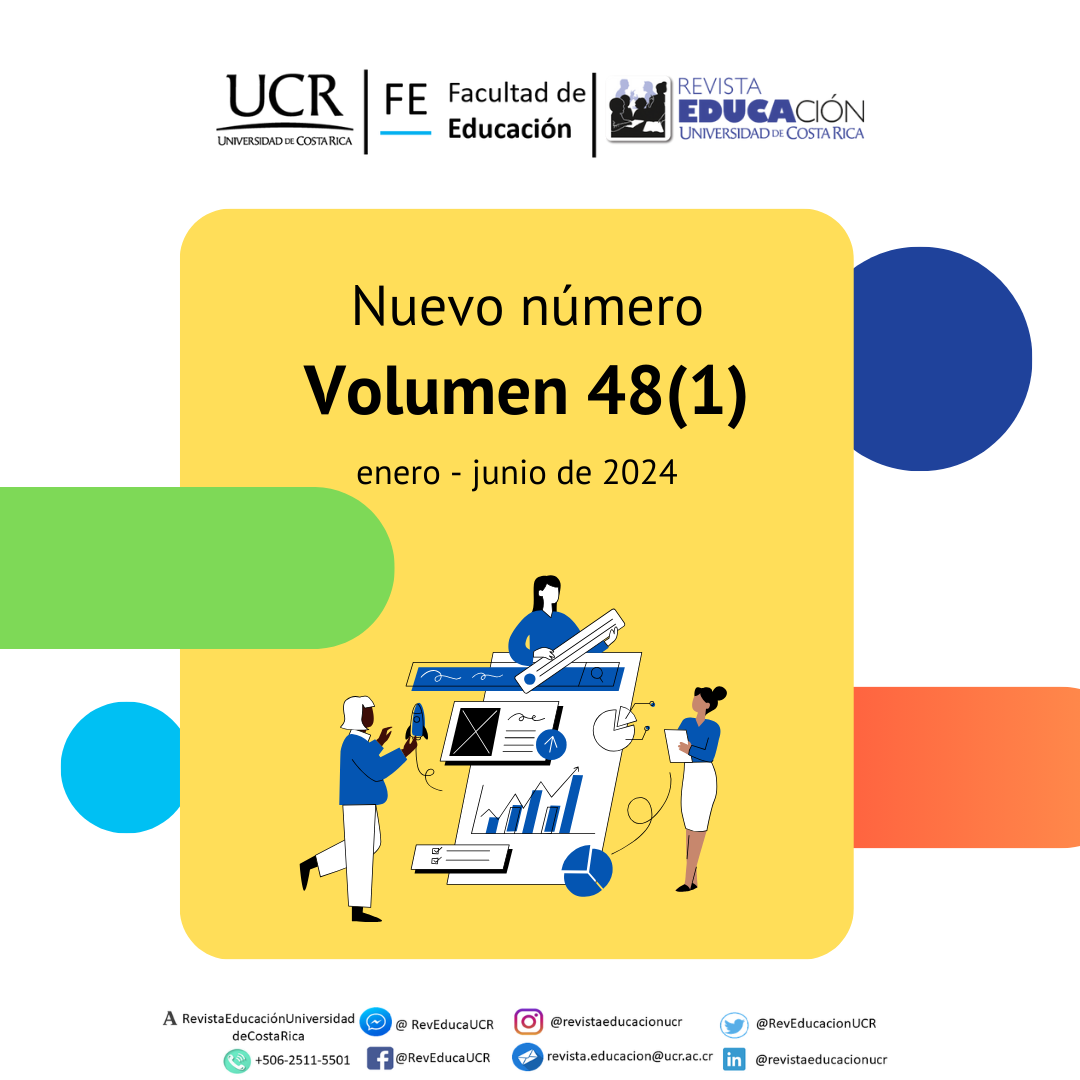Abstract
The present exploratory study examined the perception of third and fourth-year English literature students on exposure to literary theories. A total of 26 students from the B.A. in English taking the literature electives participated in this study. The data collection instrument used in this investigation was a survey, wich sought to elicit the levels of familiarity and preference that students had regarding literary theories. It also included an open-ended section for students to further elaborate on their views. Main results showed that participants were relatively more knowledgeable about some critical literary theories (e.g., Feminism, Historicism, and New Criticism) than others (e.g., Marxism and Psychoanalysis). Also, other findings suggest that participants could have a biased preference for the critical literary theories they already know about, which might deter them from learning from other critical approaches. These results may support the claim that the current prioritization of certain critical literary theories over others in the literature electives limits students’ knowledge of the area of literary studies. In addition, participants provided alternative strategies they believe can enhance their comprehension of critical literary theories in future literature electives. Theoretical and practical implications are discussed.
References
Alanazi, M. S. (2023). Examining the Impact of the Advancements in Nineteenth Century Neuroscience on Drama: An Analysis of Jean-Martin Charcot's Stages of Female Hysteria in August Strindberg's Miss Julie. Theory and Practice in Language Studies, 13(9), 2347-2355. https://doi.org/10.17507/tpls.1309.22
Anjanillah, F.; Wahyudi, R., & Syafiyah, S. (2021). EFL Learners’ Multiple Identities Constuctions in Relation to Global Positions of English. The Qualitative Report, 26(6), 1792-1816. https://doi.org/10.46743/2160-3715/2021.4710
Anker, E.S., & Felski, R. (Eds.). (2017). Critique and Postcritique. Duke University Press.
Besbes, K. (2019). Theory-Inspired Rather than Theory-Based Criticism: Towards a Semeiocritical Method for the Interpretation of Literature. Studia Anglica Posnaniensia, 54(1), 21-41. https://doi.org/10.2478/stap-2019-0002
Felski, R. (2008). From Literary Theory to Critical Method. Profession, 108–116. http://www.jstor.org/stable/25595888
Huh, S. (2016). Instructional Model of Critical Literacy in an EFL Context: Balancing Conventional and Critical Literacy. Critical Inquiry in Language Studies, 13(3), 210-235. https://doi.org/10.1080/15427587.2016.1154445
Cogle, J. (2020). Jameson and Literature: The Novel, History, and Contemporary Reading Practices. Palgrave Macmillan. https://doi.org/10.1007/978-3-030-54824-7
Ko, M., & Wang, T. F. (2013). EFL Learners’ Critical Literacy Practices: A Case Study of Four College Students in Taiwan. The Asia-Pacific Education Researcher, 22(3), 221-229. https://doi.org/10.1007/s40299-012-0013-5
Lanzendörfer, T., & Nilges M. (2020). Literary Studies after Postcritique: An Introduction. Amerikastudien/American Studies, 64(4), 491-513. https://doi.org/10.33675/AMST/2019/4/4
Leonardo, Z. (2004). Critical Social Theory and Transformative Knowledge: The Functions of Criticism in Quality Education. Educational Researcher, 33(6), 11-18. https://doi.org/10.3102/0013189X033006011
Paul, C. M. M. (2018). Critical Literacy Pedagogy: Establishing the Factors of Critical Literacy Instruction Through a Mixed Methods Approach. ProQuest Central. https://search-proquest-com.ezproxy.sibdi.ucr.ac.cr/dissertations-theses/critical-literacy-pedagogy-establishing-factors/docview/2100703263/se-2
Monsour, K. J. (2016). Teachers’ perceptions about using literary theories to promote critical thinking. ProQuest Central. https://search-proquest-com.ezproxy.sibdi.ucr.ac.cr/dissertations-theses/teachers-perceptions-about-using-literary/docview/1823256720/se-2?accountid=28692
North, J. (2013). What’s “New Critical” about “Close Reading”?: I.A Richards and His New Critical Reception. New Literary History, 44(1), 141-157. https://doi.org/10.1353/nlh.2013.0002
Onwuegbuzie, A. J., & Teddlie, C. (2003). A framework for analyzing data in mixed methods research. In A. Tashakkori, & C. Teddlie (Eds.), Handbook of mixed methods in social and behavioral sciences. Sage.
Smolova, A. A. (2004). Using Literary Criticism as a Strategy of Rhetorical Invention: A Practical Guide to Writing about Literature. Online Submission. https://search-ebscohost-com.ezproxy.sibdi.ucr.ac.cr/login.aspx?direct=true&db=eric&AN=ED490768&lang=es&site=ehost-live&scope=site.
Sullivan, P. (2002). “Reception moments,” modern literary theory, and the teaching of literature. Journal of Adolescent & Adult Literacy, 45(7), 568-577. http://www.jstor.org/stable/40012241.
Taylor, L. A., & Hikida, M. (2020). Unpacking Everyday Critical Pedagogy: Languaging Critique and Dialogue. Literacy Research: Theory, Method, and Practice, 69(1), 266-284. https://doi.org/10.1177/2381336920937268
Weng, T. (2023). Creating Critical Literacy Praxis: Bridging the Gap between Theory and Practice. RELC Journal, 54(1), 197-207. https://doi.org/10.1177/0033688220982665
White, H. (1980). Literature and Social Action: Reflections on the Reflection Theory of Literary Art. New Literacy History, 11(2), 363-380. https://doi.org/10.2307/469016
Comments

This work is licensed under a Creative Commons Attribution-NonCommercial-NoDerivatives 3.0 Unported License.
Copyright (c) 2024 Revista Educación - Journal of Education



